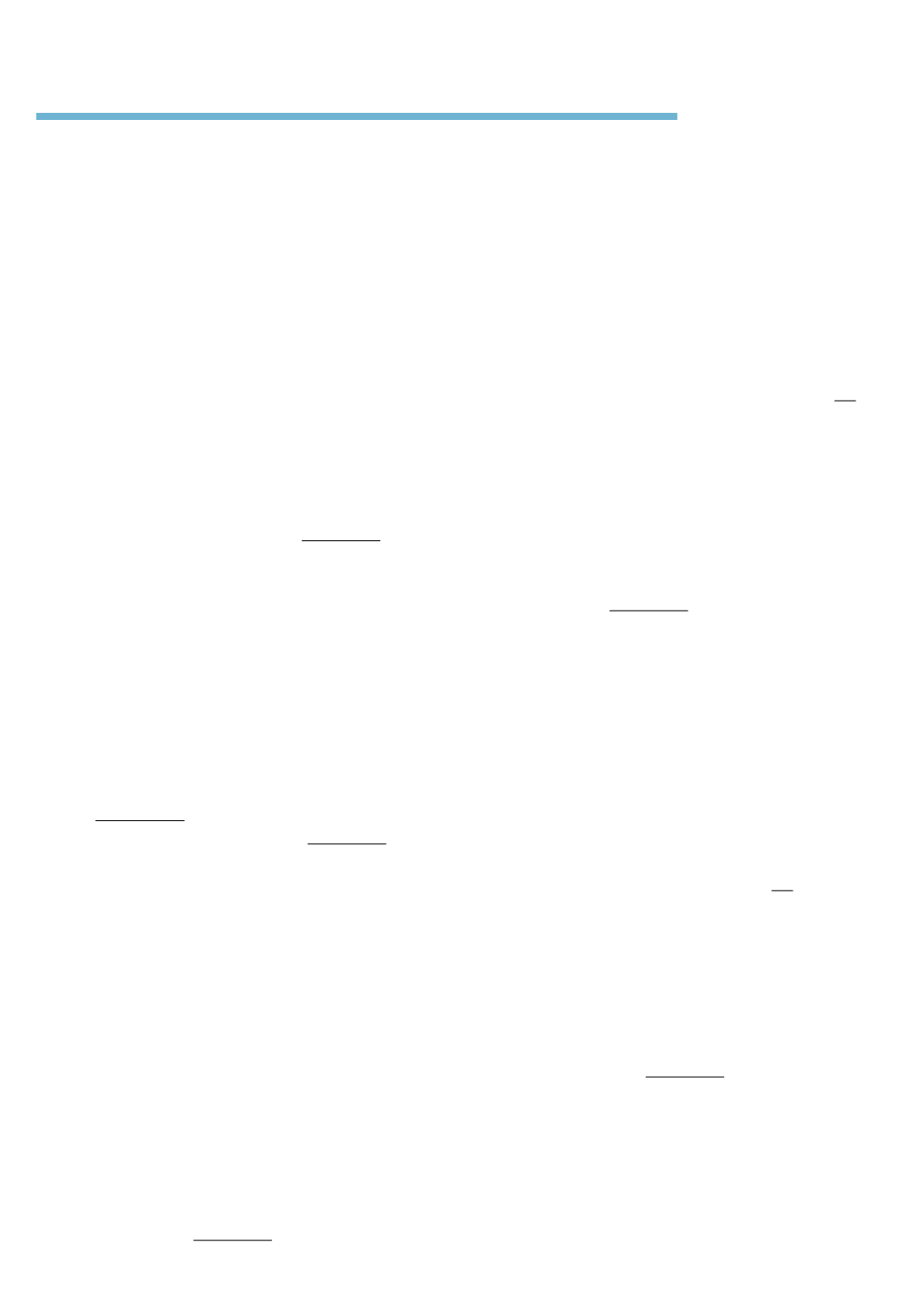
Self, Interdependence and Wisdom
We take for granted a solid, three-dimensional world with us somewhere in the middle. But when
we take the time to investigate this, we find it is more confusing. Our mind plays a big role in
forming our reality. Our ordinary view of ourselves as a solitary, unchanging ego cut off from others
is a fiction. This is a view arising in the mind due to a distorted misunderstanding. It results in a
worldview of “us versus them.” Actually, we are all closely connected on many levels. This
understanding opens our heart to others, recognizing our connectedness and their kindness. This
brings us closer to the wisdom of interdependence. In turn, this feeling of connectedness brings us
closer to others, thereby enhancing our compassion.
“Our task is not to seek for love but to find the barriers within that we may have built against it.”
Rumi’s wisdom guides our pursuit of compassion. Breaking down our selfish barriers to
compassion allows the natural compassion to flow unimpeded. Sometimes cultivating compassion
directly, head on, leads to frustration. At times it can even be counterproductive. Professor Paul
Gilbert of Derby, England, has researched people suffering from a strong sense of shame coupled
with debilitating self-criticism. His findings suggest that cultivating compassion can be quite
difficult, even frightening (see
). For them a direct approach to cultivating compassion can
turn them away from compassion. For such people, it is better to cultivate compassion indirectly
through complementary approaches like anger management, leading to patience, generosity and
forgiveness, as well as other methods that work on generosity (see
). Complementary
approaches enhance the cultivation of compassion not just for some but for all of us.
Complementary approaches to compassion open the blocked floodgates, resulting in greater
compassion.
So what is compassion? Compassion in its fuller form is altruism. Both share the essential feature
of the wish, the commitment and the action to reduce suffering. Initially there is the wish to relieve
suffering. As we develop more confidence, our commitment grows. This leads to action. Wisdom
helps us see a broader perspective so that our action is successful. This is different from empathy
(see
). Empathy is feeling what the other person is feeling. There is no commitment or
action to lessen suffering (see
. Sometimes the term compassion is thought of as a
religious term. Of course, compassion is the central theme of all major religions. Yet compassion is
not limited to religion. In fact it is, as His Holiness the Dalai Lama says, beyond religion
It is
necessary for life. It is necessary for our survival. A newborn baby would not survive without the
kindness, affection and compassion of the mother. Without food, warmth, protection and shelter,
the newborn would perish. This compassion of the mother for her child is biological. It helps to
maintain and perpetuate the species. Compassion and affection are also necessary for social
development. Without love and nurturing, it becomes more difficult to cultivate prosocial behavior
and live effectively within society. Such prosocial behavior, like helping, sharing, giving,
cooperating and volunteering, are cultivated due in part to the influence of the kindness and
affection of our mother or primary caregiver during our early years (see
).
Dukkha
is Sanskrit for suffering. It means misery. It means angst. It means pain, illness,
hopelessness and despair. This level of suffering is easily understood by all of us. Subtler types of
suffering are more difficult to recognize. Going out to eat at a scrumptious buffet is pleasurable.
But when we go for the third round, the pleasure wanes. This is called the suffering of change,
when pleasure turns into misery. There is even subtler suffering that underlies the other two forms
of suffering (see
). It is the misperception of reality. When we misunderstand ourselves as
167


